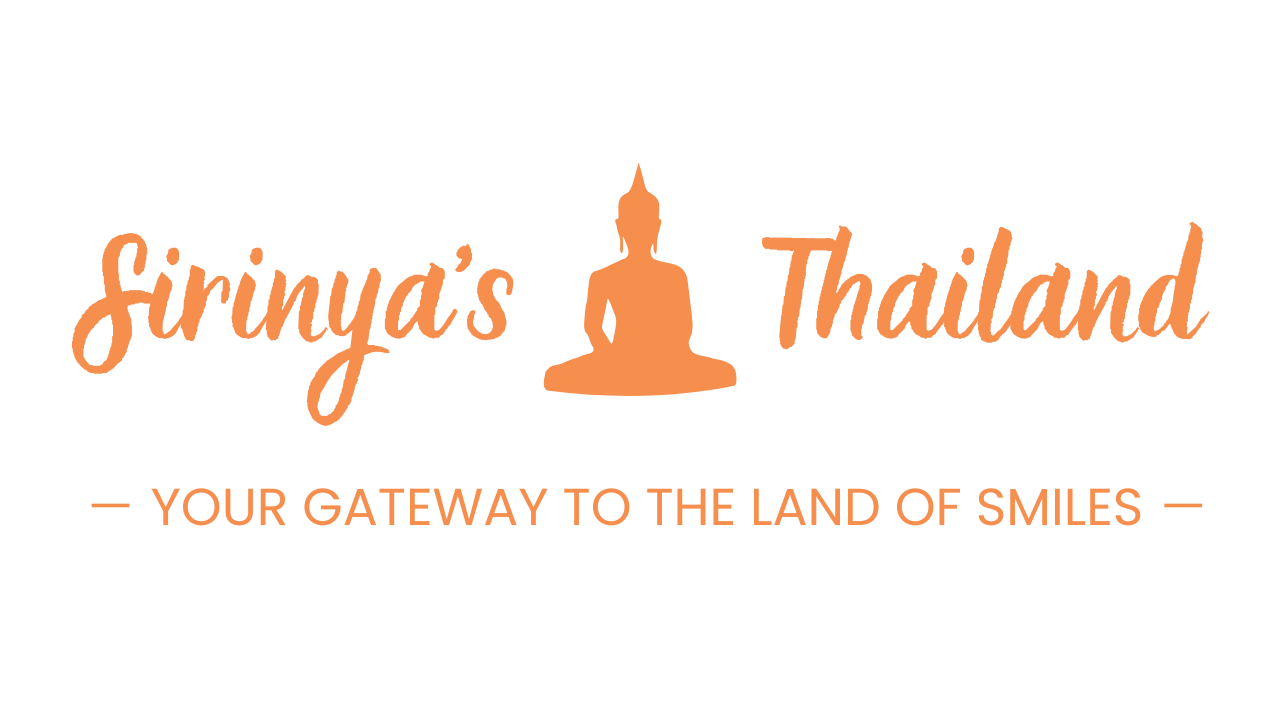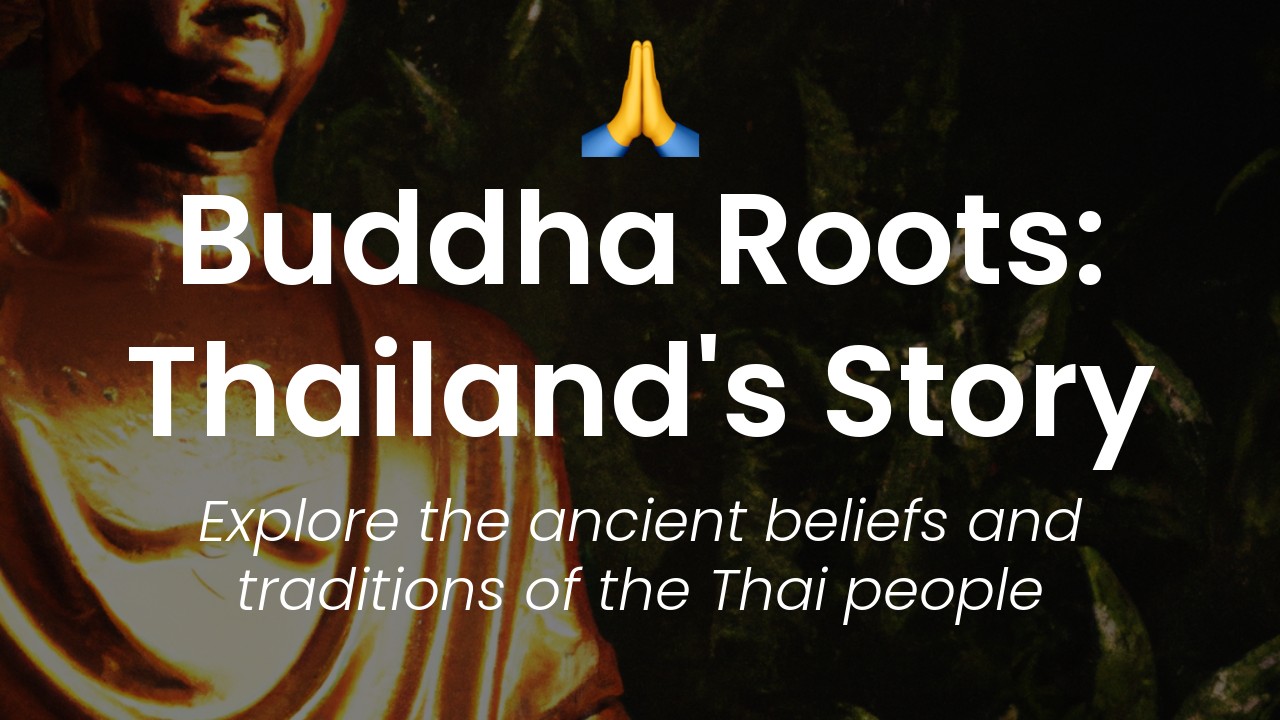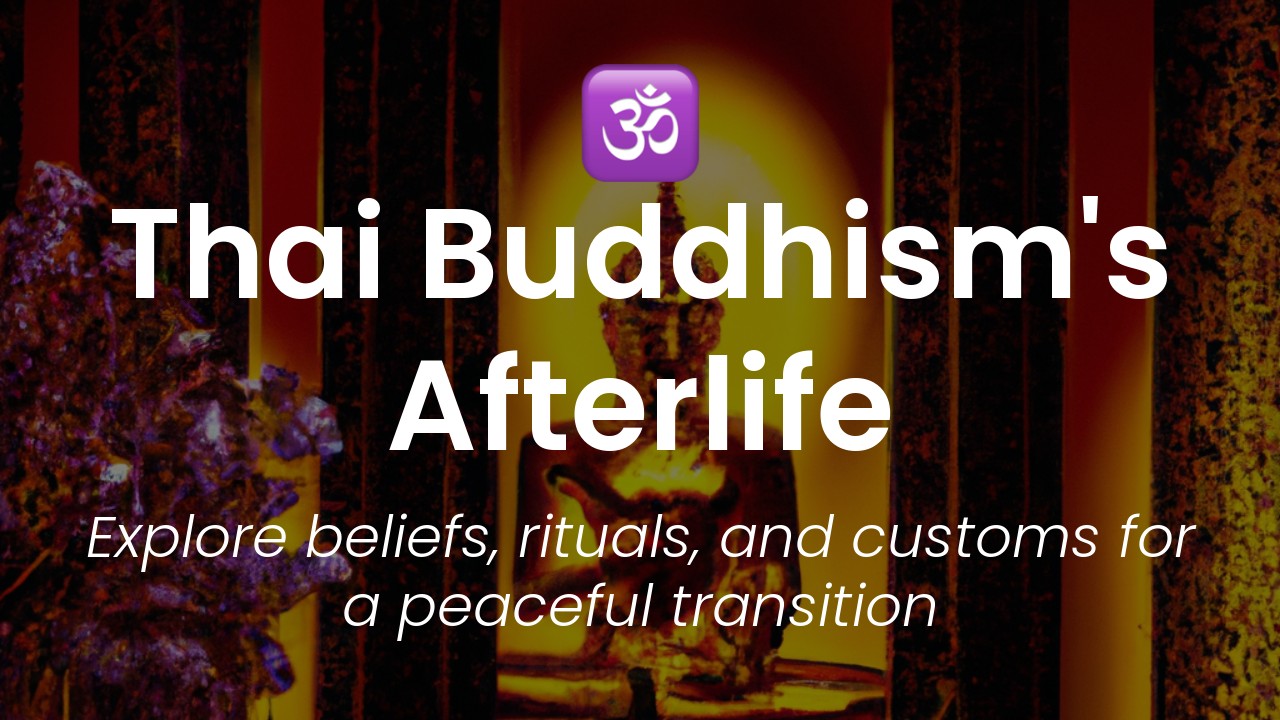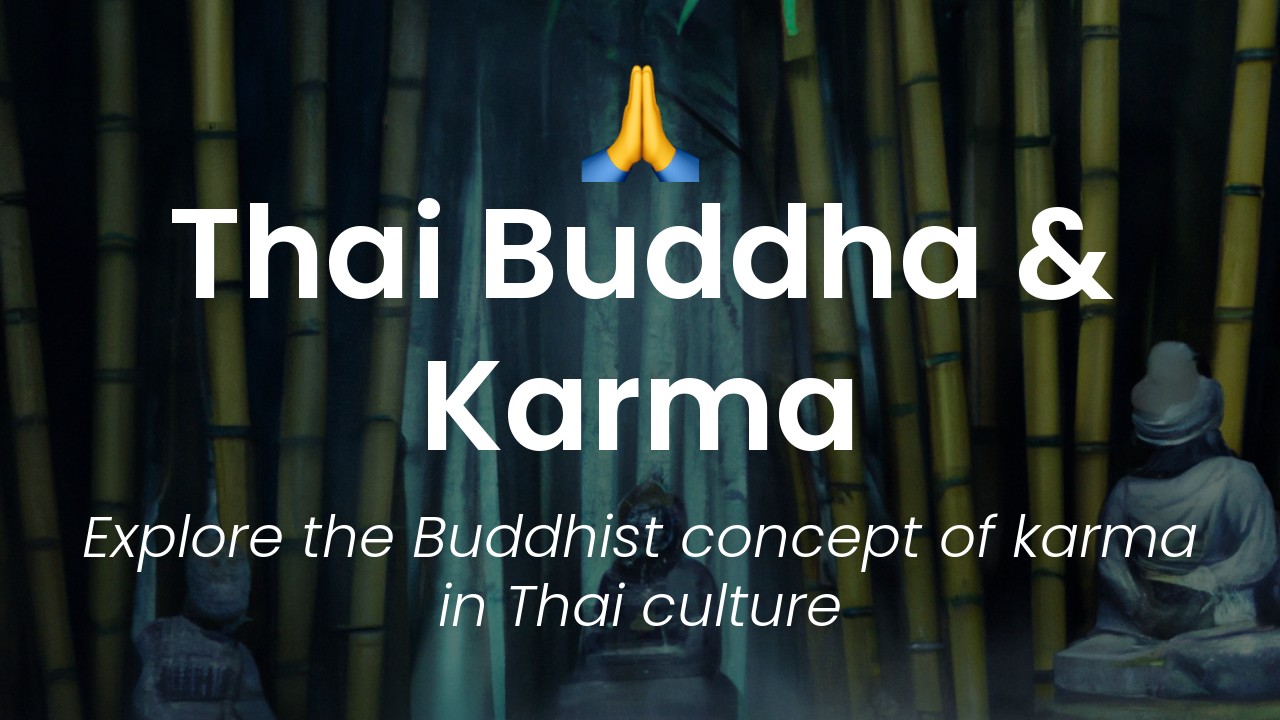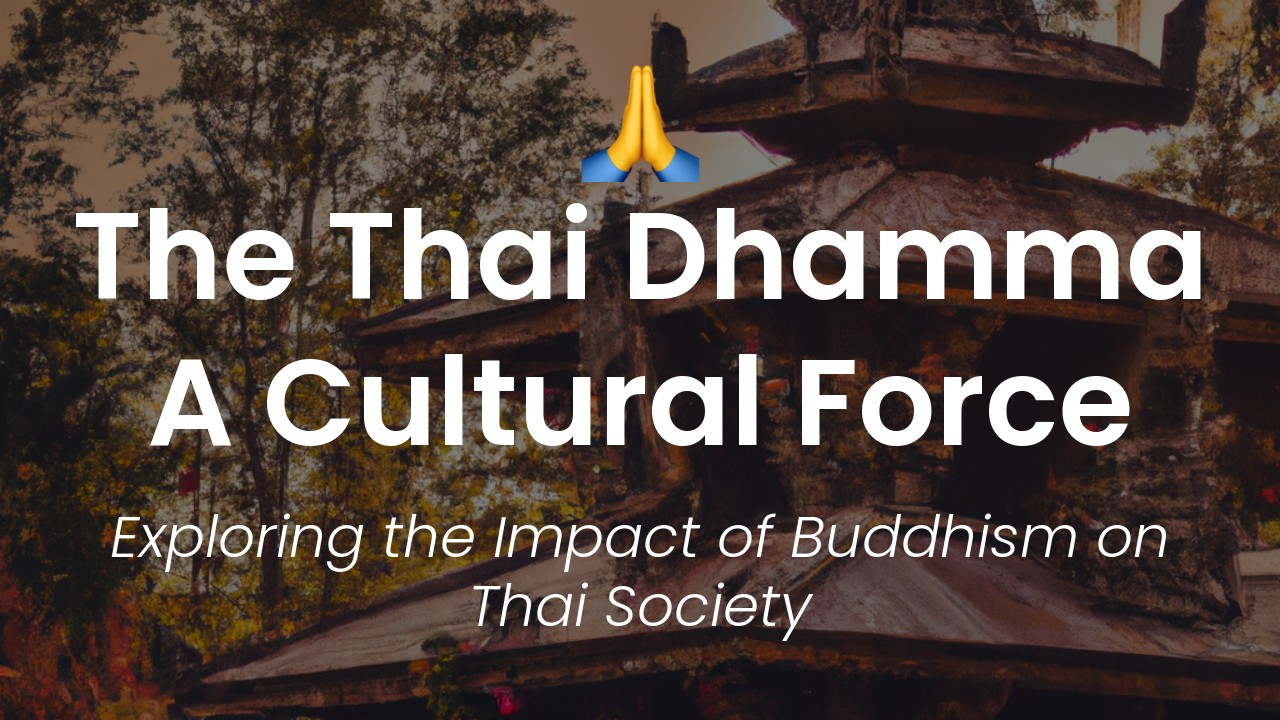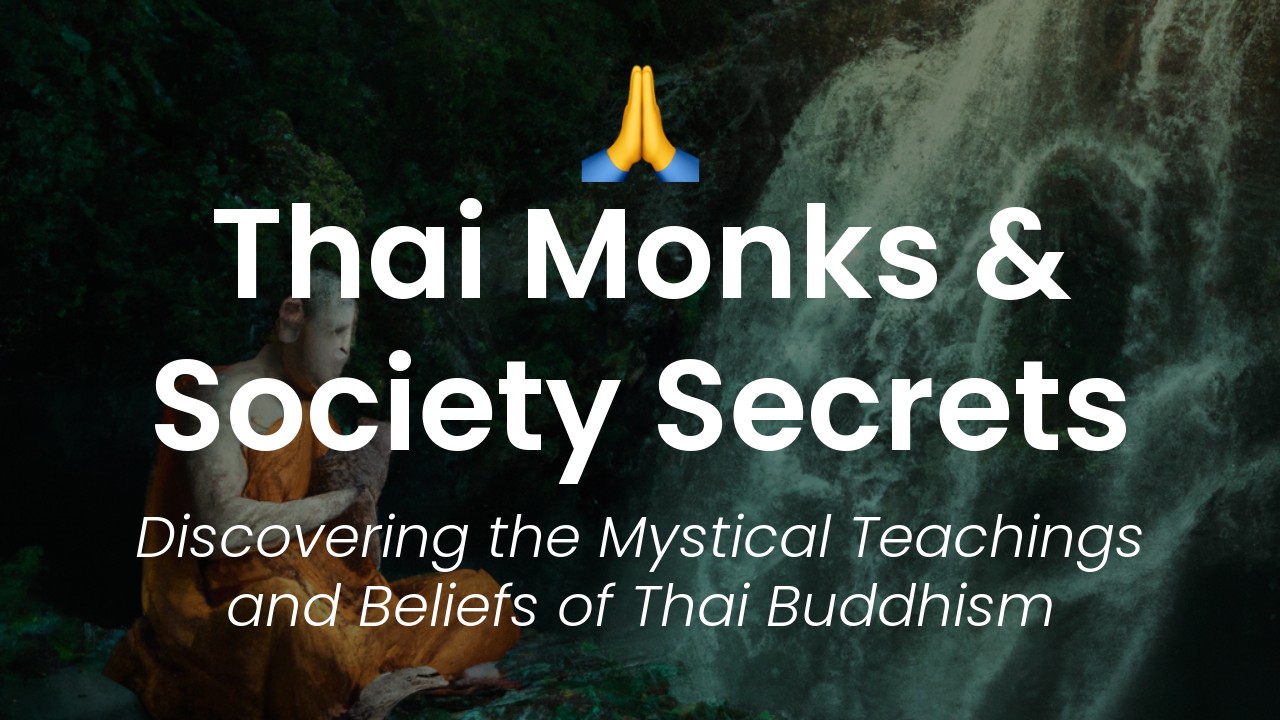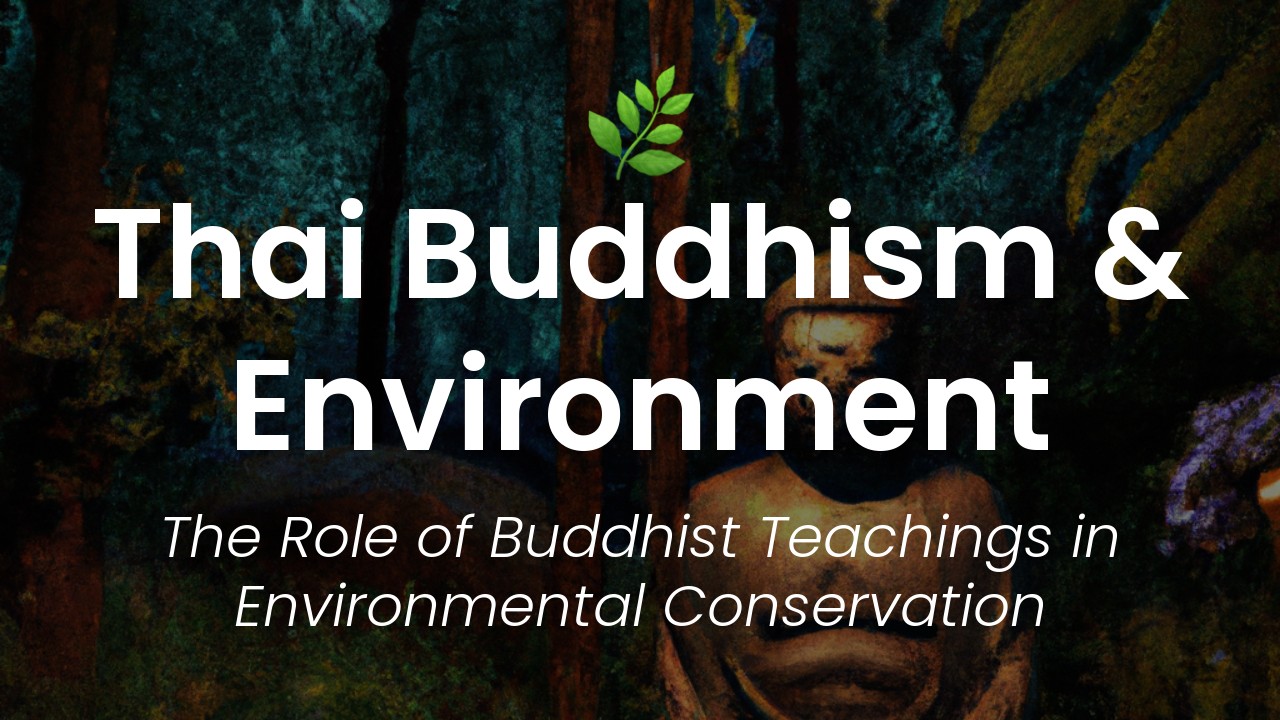Hello there, my lovely readers! It has been a while since we have delved into the depths of Thai culture, so today I bring you a fascinating topic that is at the very core of Thai beliefs and customs – the story of the Buddha.
As you may already know, Thailand is a predominantly Buddhist country, with over 90% of the population following this ancient religion. However, it is not just a religion to us; it is a way of life that permeates every aspect of our society, culture, and traditions. The story of the Buddha is therefore not just an important mythological tale; it is a part of our cultural roots that has been passed down for generations.
The story of the Buddha is a mesmerizing and powerful tale that begins over 2,500 years ago in ancient India. It tells of a young prince named Siddhartha Gautama, who, upon seeing the suffering of the world, renounced his luxurious lifestyle to seek enlightenment. Through years of meditation and introspection, he eventually achieved enlightenment and became the Buddha, or the "enlightened one."
But it is not just the tale of the Buddha's personal journey that is fascinating; the way in which his teachings have influenced and been embraced by Thai culture is equally intriguing. From the way we show respect to elders and monks, to the practice of meditation and mindfulness, the principles of Buddhism are woven into the very fabric of our society. So, grab a cup of tea and join me as we delve deeper into the story of the Buddha and discover the roots of Thailand's rich cultural heritage.
Early Life and Enlightenment of the Buddha
Siddhartha Gautama, the founder of Buddhism, was born around 563 BCE in Lumbini, Nepal, to King Suddhodana and Queen Maya, both of whom were of the Shakya clan. His early years were spent among luxury and privilege, but at age 29, he was consumed by a desire to find meaning in life beyond the material world.
For six years, he lived as an ascetic, experiencing hunger, illness, and extreme deprivation in his search for enlightenment. It was during this time that he attained a profound spiritual awakening under the Bodhi tree in Bodh Gaya, India. He became known as the Buddha, which means "the enlightened one."
Spread of Buddhism to Thailand
The teachings of the Buddha spread rapidly throughout the Indian subcontinent and soon reached the neighboring countries of Nepal, Tibet, and Sri Lanka. Buddhism then moved to Southeast Asia, where it became a dominant religion in countries like Myanmar, Cambodia, and Thailand.
In Thailand, Buddhism was introduced during the third century BCE, and it quickly became deeply ingrained in the country's culture and traditions. Monks and scholars from India and Sri Lanka were instrumental in spreading Buddhist teachings, which were enthusiastically embraced by the Thai people.
Thai Interpretations and Traditions of Buddhism
In Thailand, Buddhism has evolved into a unique, hybrid form of Theravada Buddhism, which stresses the importance of individual effort in achieving one's own enlightenment or "Nibbana." Thai Buddhism also emphasizes the virtues of compassion, kindness, and generosity, which are considered essential for one's spiritual growth.
Many Buddhist rituals and customs in Thailand reflect indigenous, pre-Buddhist beliefs and practices. For example, Thai Buddhists often combine animistic beliefs with Buddhist traditions, such as worshipping local spirits and presenting them with offerings.
One of the most visible aspects of Thai Buddhism is the ubiquitous presence of Buddhist temples or "wats." There are over 40,000 wats in Thailand, with each one serving as a center of religious and cultural life in its respective community. Many Thai people also participate in merit-making activities, such as offering food, robes, and other necessities to the monks, which they believe will bring them good karma in this life and in the next.
Influence of Buddhism on Thai Culture
Over the centuries, the teachings of the Buddha have greatly influenced Thai culture, shaping the country's social norms and values. For example, the practice of mindfulness, or "sati," is central to Thai Buddhism and is seen as essential for cultivating a peaceful mind and a compassionate heart.
Thai art and architecture are also highly inspired by Buddhist themes and motifs. This is evident in the intricate designs and intricate carvings that adorn many Thai Buddhist temples, as well as in the numerous Buddha statues and images that are found throughout the country.
Another significant aspect of Thai culture that is deeply influenced by Buddhism is the concept of "sanuk," which translates to "fun" or "enjoyment." Thai people believe that personal happiness and enjoyment can coexist with spiritual fulfillment, and this belief is reflected in their festivals, holidays, and celebrations.
Celebrating the Buddha's Teachings in Thailand
In Thailand, one of the most important Buddhist festivals is "Songkran," also known as the Thai New Year. Songkran is celebrated in mid-April and involves a three-day water festival, during which people splash water on each other as a form of purification and renewal.
Another significant festival is "Visakha Puja," which commemorates the Buddha's birth, enlightenment, and passing. This festival takes place on the full moon day of the sixth lunar month and is celebrated with merit-making activities and elaborate temple processions.
The Importance of Buddhism in Modern Day Thailand
Today, Buddhism continues to play a central role in Thai life, even as the country undergoes rapid modernization and globalization. The teachings of the Buddha are seen as a source of comfort and guidance for many Thai people, providing them with a sense of purpose and direction in their lives.
Thai Buddhism also serves as a unifying force in a country that is culturally diverse and geographically disparate. The shared values and beliefs of Thai Buddhists transcend ethnic and regional boundaries, providing a sense of belonging and community for people from all walks of life.
The story of the Buddha and the spread of Buddhism to Thailand is a fascinating tale that has shaped the country's culture, traditions, and way of life. Through its unique interpretations and practices of Buddhism, Thailand has developed its own rich and vibrant spiritual heritage that continues to inspire and uplift people from all over the world.
